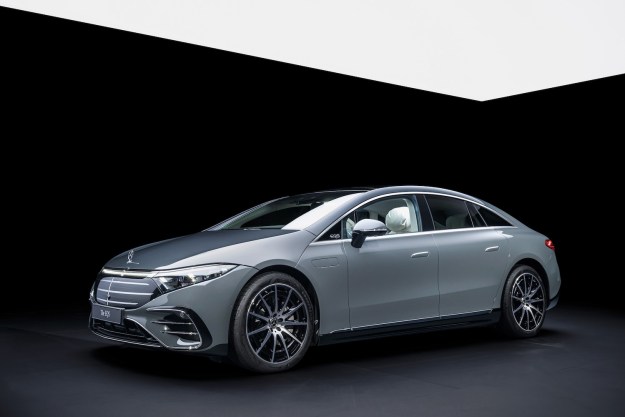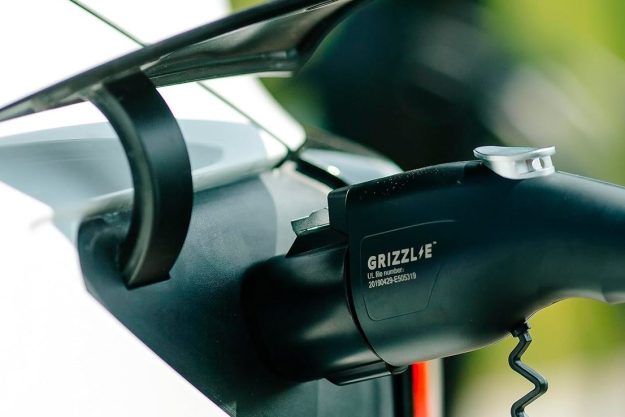Not to be left out, Kia has announced an all-new sub-brand focused entirely on these driver assistance systems of the future dubbed “Drive Wise.” Its efforts will fit with recent news that the Korean automaker plans to release a partially autonomous vehicle by 2020 and a fully autonomous one a decade later.
In the brand’s own words, “Drive Wise will enable Kia to introduce intelligent safety technologies to its future model range, helping to eliminate potential dangers — and, for many, the boredom — of driving, while changing the ways in which owners interact with their vehicles.”
To an enthusiast, “boredom” is a pretty harsh way of labeling driving, but in reality, there are numerous times when even the most avid do-it-yourself driver wouldn’t mind putting things in auto pilot.
At CES, Kia’s exhibit gives visitors a chance to experience some ADAS (advanced driver assistance systems) for themselves. Among the technologies available to sample are Highway Autonomous Driving (HAD), which keeps a vehicle in its lane or passes other vehicles; Urban Autonomous Driving (UAD), which lets the vehicle navigate city streets using live traffic updates; Preceding Vehicle Following (PVF), which is basically adaptive cruise control; Emergency Stop System (ESS), which monitors a driver’s attention and brings the car to a stop if the driver takes their eyes off the road for too long; Traffic Jam Assist (TJA), which is like low-speed adaptive cruise control; and Autonomous Valet Parking (AVP), which lets a driver exit before the car parks itself.
Kia also displayed an iteration of its Kia Human Machine Interface (HMI) functions, including gesture control, fingerprint sensors and smart-device connectivity.
“Kia is undergoing a very promising and gradual process of introducing partially and fully autonomous technologies to its vehicles,” remarked Tae-Won Lim, senior vice president, Central Advanced Research and Engineering Institute of Hyundai Motor Group (boy, what a title). “Although the first marketable fully-autonomous car from Kia will not be available in the immediate future, the work our R&D teams are currently doing to develop our range of Drive Wise technologies is already improving on-road safety and driver assistance. The innovations presented at this year’s show demonstrate the future direction we are taking.”
The automaker will invest $2 billion by 2018 to stay on its 2020 and 2030 targets. To help test the tech. before it gets to production, the state of Nevada has granted Kia a licence to test the new systems on public roads via Kia’s specially equipped Soul EV models.
Editors' Recommendations
- From Paris to NYC, Mobileye will bring self-driving cars to metropolises
- Qualcomm Ride platform aims to make self-driving cars simpler
- Uber’s next self-driving car, a hat-wearing Volvo, will start testing in 2020


